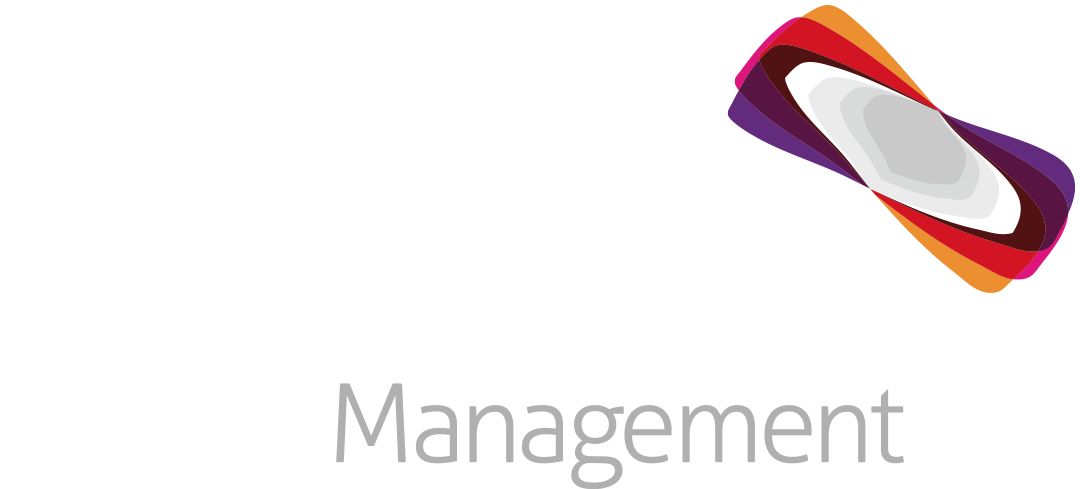Frequently Asked Questions
Service charge demands for a given year are based on an estimate of costs, so residents therefore pay an estimated service charge on-account. Once the actual costs incurred for the service charge accounting year have been calculated, they are set against the estimated costs to establish whether there was a surplus or deficit of funds. The difference between the actual and estimated costs represents the service charge adjustment. This is then added to each resident's service charge account in the form of a credit where there is a surplus of funds for the year or a debit if there is a deficit of funds. It is a covenant within each Lease and Transfer that the service charge adjustment is paid on demand.
Service charges and ground rents can be paid in several ways. We prefer direct debit and direct bank transfer but accept payments in the form of a cheque, Appropriate bank details are on the payment application.
Whilst the Lease or Transfer for the property requires payment in advance, we can normally make arrangements to spread the cost monthly by direct debit. Again, if the owner wishes to do this they should contact our Customer Services department.
Upon the legal completion of the purchase of your new property, the terms of your Lease require you to contribute towards the upkeep of the building from the date of the legal completion of your purchase.
The requirement for advance billing is to ensure suitable funds are held for the initial expenses such as insurance costs and payments toward future cyclical repair works. It is also essential that appropriate funds are in place to pay on site contractors.
It is important to ensure that the management bank account does not become overdrawn, thereby incurring extra charges which may further increase the service charge. Upon the certification of the annual accounts, any surplus service charge funds are applied to the following years service charges.
Whilst alternative payment arrangements may be offered to customers it must be noted that all charges are levied in advance and are payable by a specific date.
Should that date occur prior to the assignment of a property, the account must be settled in full. Whilst the invoice may relate to a period following the sale, the normal procedure provides for the apportionment between the vendor and purchaser.
Solicitors should exchange undertakings to deal with yearend adjustments that become known after completion of the sale.
Where leasehold properties are sub-let the owners generally request that correspondence relating to their property is sent to their residential address or in some cases a letting agent. In such cases it is essential that the owners advise us in writing of alternative contact details.
The name of account holders should always reflect the registered owners of the property.
Therefore, it is important that any change in our records is supported by legal evidence noting the change: for example, either a marriage or deed-poll certificate. Should the registered owner be a company then any change in the company name should be evidenced with a certificate of name change.
It is always possible that a customer may dispute their charges. With regards to the ground rent there can be no argument; however, there are designated channels in cases where the service charge relating to a leasehold property is in question.
The grounds for levying service charges assume that the costs must be fair and reasonable. Obviously, this is open to interpretation and if the dispute cannot be resolved the matter can be put before a Leasehold Valuation Tribunal (LVT). This body objectively assesses the validity of the charges and they will make a decision that will bind both parties.
In our capacity as managing agent, Clermont Management Limited is responsible for the maintenance/repair of the common parts of building structures, estate grounds and shared service installations.
Should an emergency situation occur during normal office hours, residents should contact the Customer Services number on the bulletin. Outside of office hours you should call this same number, they will be able to assist and offer advice with regard to the emergency problem.
Some emergency situations may require the appointment of contractors to attend site; other situations may be covered by our insurers, in which case your call will be referred directly to the insurers for their action. Please note that as managing agent, Clermont Management Limited is not responsible for repairs within a resident's individual property.
As Clermont Management Limited is not responsible for repairs within individual properties, we are not responsible for the repair of leaks that appear to come from properties above. If the leak originates from your property you will be entirely responsible for the cost of repairs to your equipment I system. However, we are responsible for ensuring that other residents fulfill the obligations to keep their property in good repair.
In the event of a leak occurring, try to speak to the resident above as leaks are often simple problems to remedy, such as faulty washing machine connections or a lack of waterproofing around baths and shower trays. If the leak is a major problem, you may contact either our Customer Services number for assistance. If the leak originates from a roof or any other external part of the building, Clermont Management Limited will arrange repairs although it must be noted that contractors may not attend during stormy weather conditions for safety reasons. In this situation, any damage to your property will be covered by the block policy found on the Clermont Management Web Site. (subject to the excess limit).
According to Severn Trent Services "Leaseholders are responsible for the maintenance and repair of all the internal plumbing and drainage within the boundaries of your flat. Plumbing and drainage coverage for flats can be brought to you by HomeServe (please contact them on 0800 073 1241 for further information). They are introduced to you by Severn Trent, and can help in the event of a plumbing or drainage emergency.
Responsibilities include the hot and cold water pipes after the stop tap and the drainage system within your flat. In the event of a problem such as a burst or leaking pipe or blocked internal drain or toilet, you may receive a bill for the cost of repairs.
In an emergency, you need help fast. As any problem may cause damage not only to your home, but also to neighbouring flats. HomeServe can offer guaranteed emergency service within a set timescale"
The first thing to do is check the electrical distribution board within your property to see if any of the trip switches are in the off position. If they are in the off position, try turning them on again. If the problem persists, you may well have an electrical problem within your property.
As Clermont Management Limited is not responsible for attending to private repairs within individual properties, you should appoint an appropriately qualified electrician to investigate the problem further. Apartment owners are advised to check the common electrical services within the building, such as the lighting in the communal areas or your neighbor's electricity supply. If these electrical supplies are not working either, it would suggest that there is a major problem such as a power cut. In the event of a power cut, it is advisable to contact your local electricity supplier by telephone - suppliers often use recorded messages to advise their customers as to what the problem is and the time scale within which they expect to resume normal service.
If you are still unsure of the best course of action, please do not hesitate to telephone our Customer Services 24 hour emergency number.
Peaceful occupation is one of the principle rights of all residents. Most Leases and Transfers contain covenants requiring the owner to be responsible for the conduct of all persons occupying their property, especially with regard to noise during unsociable hours. The Lease or Transfer will normally allow for the covenants to be enforced by either another owner or the landlord. Subject to the terms of the Lease or Transfer, the support of the residents and in some cases the provision of an indemnity, Clermont Management will be pleased to assist in enforcing the covenants against the offending party.
Any complaints should initially be made in writing to: Clermont Management's office address or e mail address found on the Clermont web site supported by documented evidence. The matter should also be referred to the Noise Officer at your local Environmental Health department for their advice and assistance. A resident who continues to be a nuisance and who fails to adhere to the covenants within their Lease or Transfer may ultimately be subjected to forfeiture proceedings, which, if approved by a Court, can lead to the repossession of the property.
Most Leases and Transfers include restrictive covenants prohibiting alterations to either the plan or the elevations of the property without the prior written consent of the managing agent. Such alterations will include replacing windows, the removal of internal walls, installing external lights or the construction of an extension. The purpose of these covenants is to maintain the structural integrity and aesthetic appearance of the building.
All residents wishing to make an alteration should apply to Clermont Management Limited in writing and include appropriate plans and specifications relating to the work intended. An administration charge is made with regard to the processing and inspection of such applications. Clermont Management Managers regularly visit the estates under our management and we take appropriate action where we find that alterations have taken place without the landlord's consent. Such action may include ensuring that the property is returned to its original condition. at the owner's expense.
These may not be kept in the internal common areas of apartment blocks as they can cause an obstruction in the event of an emergency and prevent a safe means of escape. Furthermore, the action of carrying bicycles into apartment buildings often causes damage to both wall and floor finishes which accelerates the deterioration of the common areas.
Leasehold property owners are required to take all reasonable precautions to avoid noise nuisance. The Lease usually requires that noise must be kept to a minimum between the hours of 11:OOpm and 08:00am. This especially relates to the use of power tools, televisions and audio equipment. When entertaining, please ensure that your guests enter and leave the building with the minimum disturbance.
Leasehold property owners should be aware that the Lease prohibits residents from installing an aerial, satellite dish or any other similar reception device from the demised premises.
Residents are also not permitted to hang washing or window boxes from their property. Please be aware that any satellite dish which is erected in breach of this covenant will be removed and the individual owner charged for the associated costs of removal.
Leasehold property owners should be aware the Lease states that hard floor surfaces/floors must have suitable professionally fitted soundproofing.


